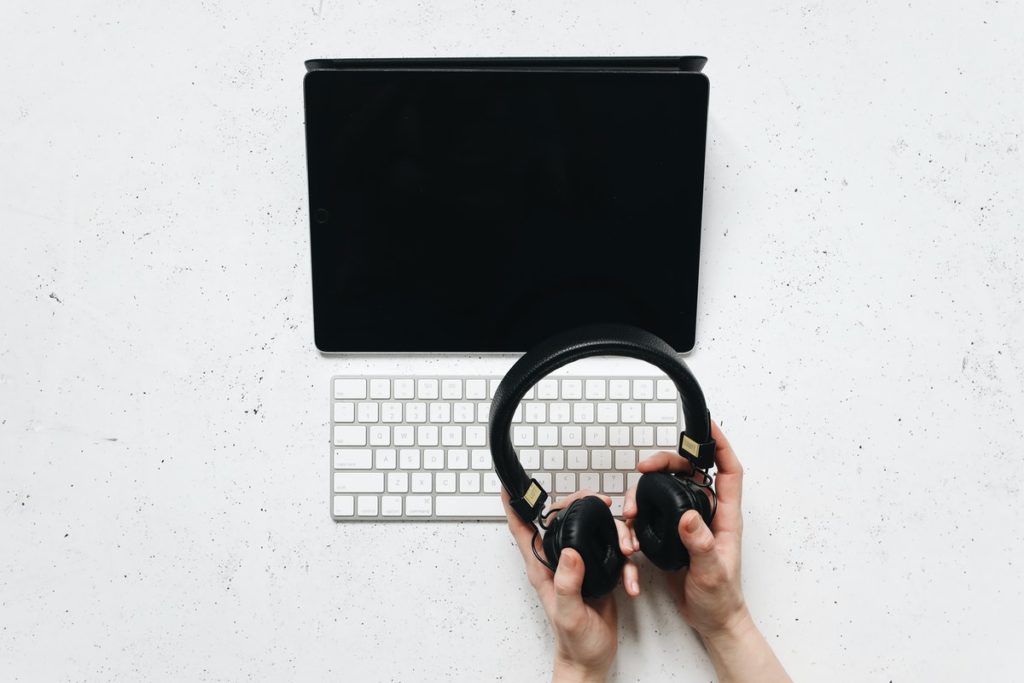The COVID-19 pandemic changed our ways unimaginably. But it is also important to consider what comes after this pandemic. Where are we standing? What do we have to do? Where are we going? This catastrophe will push the boundaries of technology, but technology isn’t one to let this pushing be. It will fight back and when it does, we will see how resourceful, innovative, impactful, and powerful technology has become and will be after this chaos.
Medicines and Vaccines
The mRNA platform used on Moderna and Pfizer/BioNTech COVID-19 vaccines will not only change medical technology, but it will change the field of medicine forever. This is the first time that scientists used mRNA on vaccines for humans. If successful (and by all accounts, it looks like it), the mRNA platform can be used to develop medicines for a host of other deadly diseases—cancers, most particularly.
The world of medicine is no stranger to technology. This is where, in fact, technology has done its best work. It allows for in vitro imaging and testing systems, so humans no longer have to be test subjects for vaccines, medicines, and other experiments. This development alone gave scientists the go-signal to innovate and save as many lives as possible.
Data and Analytics
Social media alone showed over the past year how they can use big data to take advantage of unique opportunities. Big data allows companies and governments to understand the people’s pulse. They can look into issues and have a better grasp of how issues are affecting their constituents. How effective is big data during the past year? Countries like China and Korea used big data in their contact tracing and location tracking methods. This alone showed that data can help organizations, corporations, and governments deliver improved services to people.
It looked like private companies holding such data as Facebook and Google will be willing to share with governments the information they have. In the United Kingdom, for example, discussions are centered around how the government can analyze the effectiveness of the lockdown measures there through data. In the future, there will be more partnerships about how data can impact public health.
Contactless Solutions

COVID-19 pushed people to limit physical contact. Contactless everything will be the new name of the game. This will reflect on payment methods, retail shopping, electronic signatures, and many more. Bluetooth and NFC technology will rule every possible transaction—from shopping to bills payment to printing documents at work. Are you ever going to be comfortable using the escalator and elevator again? Will you be comfortable punching in your floor when you enter the elevator?
These technologies are already in use, but they will dominate society more in the years to come. Apps in your mobile phones will be used to access a range of different products and services. People are going to become dependent on voice controls, so they don’t have to touch surfaces and limit physical proximity and contact as much as they can.
Virtual Lives
There is a huge increase in virtual events, meetings, etc. Everything is happening virtually. People are buying houses, cars, and other big items virtually. They are closing deals remotely. This will not end with the pandemic ends. Organizations and governments realized this is possible—it is possible to run a company without having an office space.
One of the most affected industries by the pandemic is the airline industry. It was impossible to imagine a world without business trips before, but the pandemic changed this. Today, companies understand that these business trips can be virtual, too. Organizations host conferences, seminars, and workshops remotely. You can now attend a conference in France while sitting in your living room in Michigan.
Robotics and Automation
Robots have become one of the most visible beneficiaries of the pandemic. They are now being used to deliver packages—from medicines to food. In a health care setting, workers can use robots to check on a patient’s vitals. They are sometimes friends to these patients, too, as well as to people around the world who had to isolate themselves for almost a year. Artificial intelligence allows robots to almost be human-like in capacities. Some of them can even play games with the elderly in nursing homes.
Is that what the future holds? Probably. You can expect to see robots walking on the streets of Manhattan, London, Tokyo, Beijing, Paris, and many more major cities.
When it comes to technology, the sky’s the limit. But did the COVID-19 pandemic slow down the innovation? It did not. If anything, it painted a picture of the urgency to develop more and innovate better.
